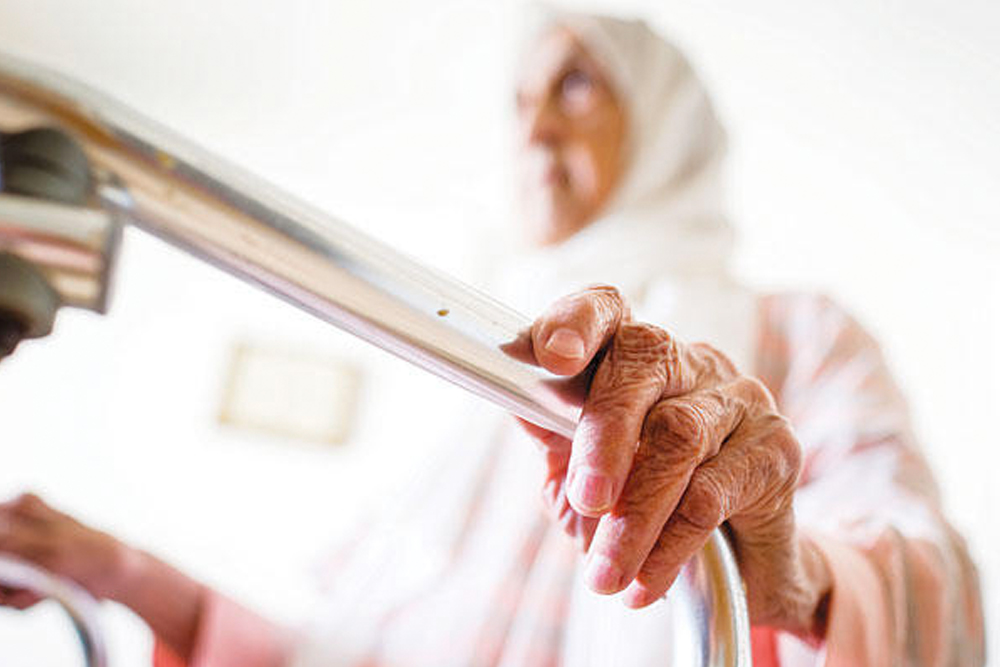
This week has been monumental for senior citizens across Saudi Arabia as the Council of Ministers approved new laws that will protect the rights of the elderly. The bill was first drafted last April at the Shura Council, and its approval comes as the Kingdom's Unified National Platform released a report, sourcing statistics by the Department of Statistics, stating that senior citizens now make up about 5 percent of the population, or over a million.
When drafted, the bill had provisions with 21 articles aimed at catering to the needs of senior citizens. Presently, Article 27 of the Basic Law reserves the rights of senior citizens, stating "The state guarantees the right of the citizen and his family, in the event of emergency, disease, disability, and old age, supports the social security system, and encourages institutions and individuals to contribute to charitable work."
Arabic calligraphy, with its importance derived from religious texts, is the ninth element of Saudi cultural heritage to be recognised by UNESCO.https://t.co/XJTUV7CpTX
— About Her (@AboutHerOFCL) December 17, 2021
Essentially, the laws aim to help spread awareness of the rights of senior citizens, as well as promote volunteer services that will cater to their needs. As part of promoting the role of families in Saudi society, the laws will encourage family members to look after their elders, and it will be made illegal to send them to retirement homes without consent.
Prior to the bill's approval, Saudi authorities had been taken steps to look after senior citizens. This includes the establishment of the Saudi Elderly Support Organization (Waqar), a nonprofit organization in Riyadh that gives support to senior citizens. The organization does this by setting up programs and initiatives to suit the needs of senior citizens.
Meet three successful Saudi women who are feeding the nation with produce grown in their own farms:https://t.co/p5q5Buaw5n
— About Her (@AboutHerOFCL) January 5, 2022
In addition, the Saudi Ministry of Labor and Social Development has been collaborating with authorities in providing care and benefits to senior citizens, which includes medical services and various social programs. Senior citizens will be exempted from paying government fees according to Articles 7 and 8 of the bill.

















